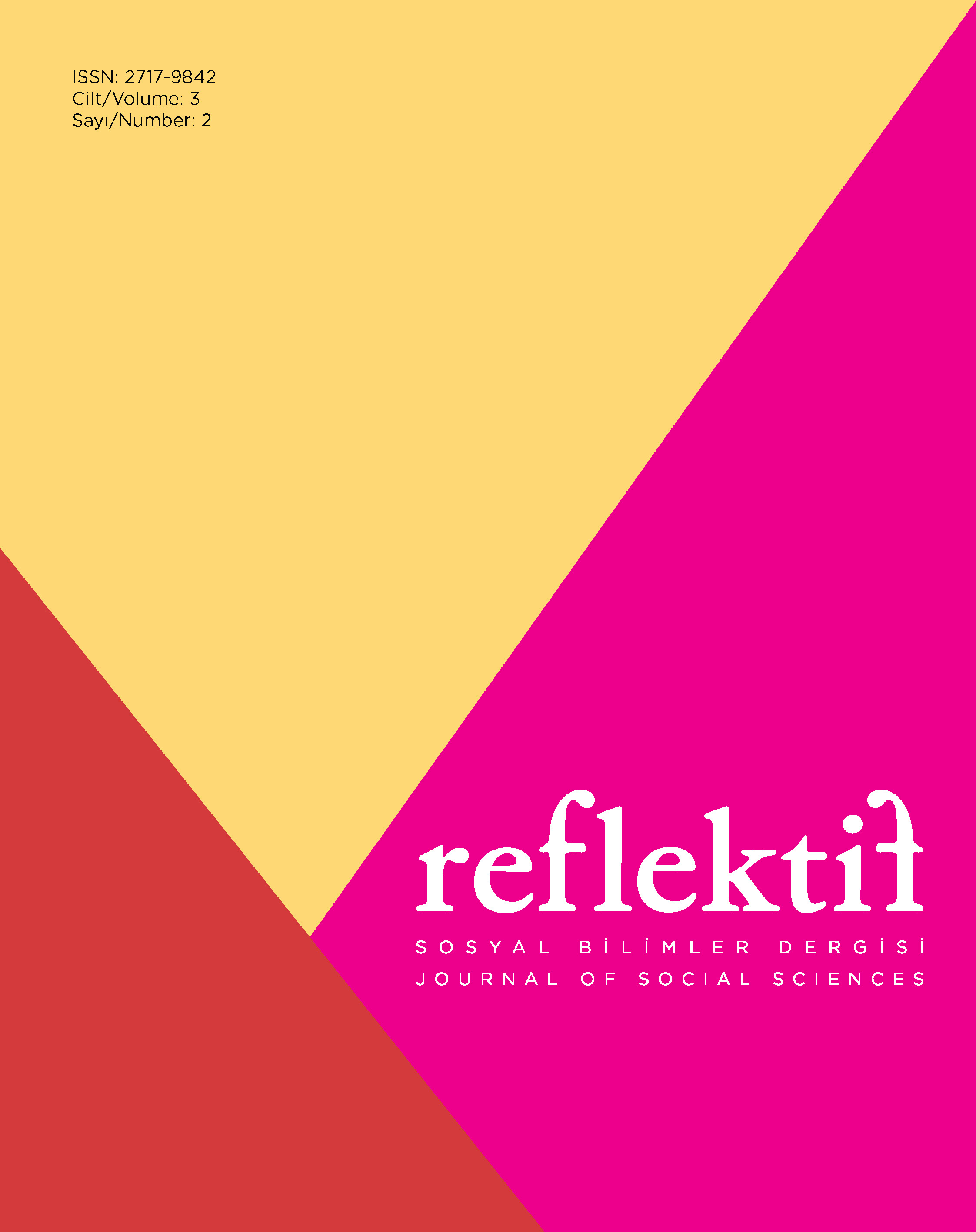Makale Yayımlanma Süreçleri
Reflektif Sosyal Bilimler Dergisi'ne gösterdiğiniz ilgiden dolayı teşekkür ederiz.
Dergimize sunmuş olduğunuz yayınlarınız için değerlendirme süresi aşağıdaki gibidir: Ortalama kabul süresi 70 gün, ortalama ret süresi 50 gündür.
Bu durumu anlayışla karşılamanızı rica ederiz.




